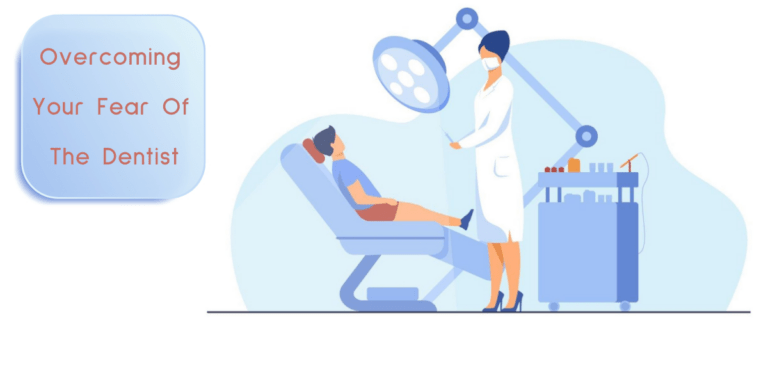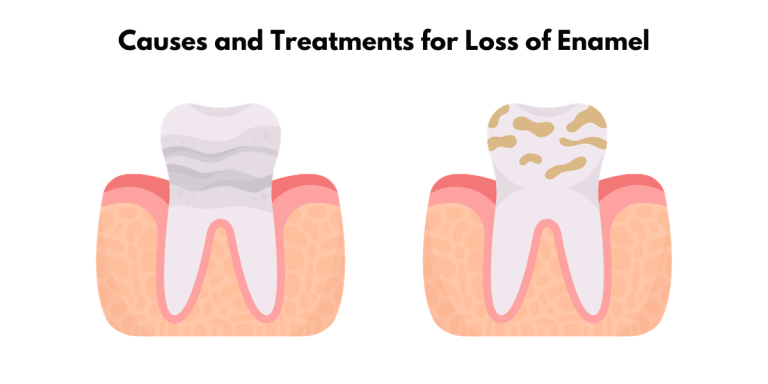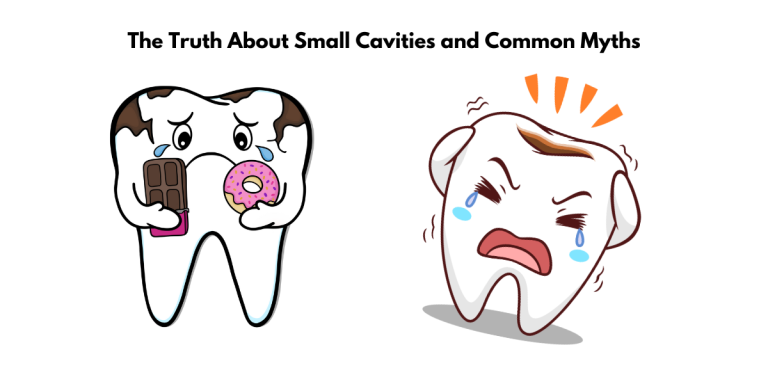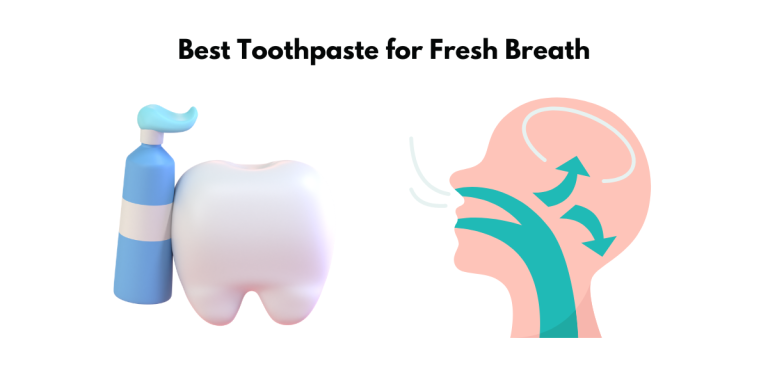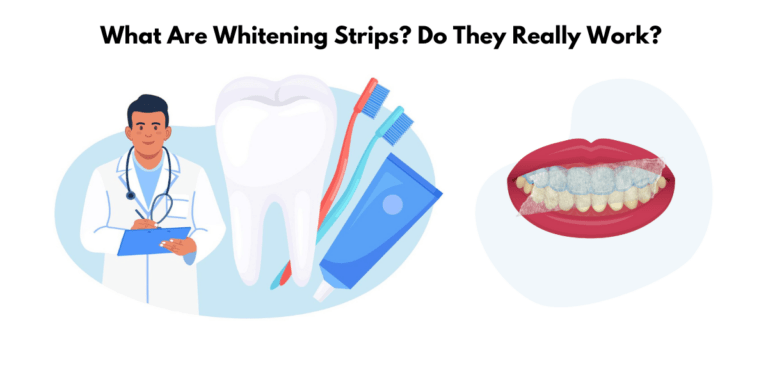Mouthguards: Why You Need One and How to Choose the Best
Mouthguards 101
A mouthguard is vital for dental protection and can prevent injuries to your teeth, lips, cheeks, and tongue. They can be beneficial for people who grind their teeth or clench their jaws at night. If you’re not sure what questions to ask, don’t worry. You’re certainly not alone, especially if you’re unfamiliar with a mouthguard or nightguard. This article will discuss the basics of a mouthguard and nightguard and provide information on choosing the best one for you.
You may not be fully aware of their benefits, but they work better than you might think to protect your teeth and gums from damage. An athletic mouthguard can help prevent sports-related injuries, while a customized mouthguard can provide superior protection for people wearing braces or having other dental issues.
A mouthguard is important for many reasons. One of the main benefits of wearing a mouthguard is protecting your teeth from being damaged. Additionally, a mouthguard can help to prevent jaw injuries and even concussions. Many people experience some initial and temporary discomfort when wearing a mouthguard, but the oral health benefits are worth the mild inconvenience. When choosing a mouthguard, it is important to consider its fit, material, and protection level. There are many different types of mouthguards, so it is important to understand the different features before purchasing.
In this article, you will learn about the different types of mouthguards available and how to choose the best one for you. You will also learn about some of the benefits of using a mouthguard and when you should consider wearing one.

The importance of a mouthguard
A mouthguard is an important piece of safety gear for athletes. They help protect the teeth and mouth from injuries. They are especially important in contact sports but can benefit any athlete. There are various factors to consider when choosing a mouthguard, including fit, protection level, and style. They can help reduce the incidence and severity of injuries, especially if there is more than one player on the field. When choosing a mouthguard, it’s important to find one that fits well and is comfortable to wear.
It’s important to have a mouthguard when dealing with any risk of choking or asphyxiation. When you vomit or saliva, the chance of it going into your lungs and causing you to choke is reduced if you wear a mouthguard. A good mouthguard can protect your teeth from being damaged in a fall or other accident.
A mouthguard is an important piece of equipment for athletes of all ages. They protect teeth from being knocked out or damaged and can also help to prevent concussions. When choosing a mouthguard, it is important to find one that fits well and is comfortable.
In 1948, Ada Council On Access interprofessional relations established practices that promote the prevention of sports injuries by using a mouthguard as an important part of the protocol. A mouthguard is statistically significant in preventing concussions and other head injuries.
The ADA Council on Scientific Affairs released a report in 2001 that stated athletes should wear transparent splints for protection from blows to the teeth. This is especially important in contact sports when athletes are more likely to take a hit to the mouth. A mouthguard can protect your teeth and prevent you from needing expensive dental work down the road. When choosing a mouthguard, make sure it is comfortable and fits well.
Benefit of Mouthguards
Mouthguards are an important piece of sports gear that can help cushion a blow to the face. They protect soft tissue and can help prevent concussions.
Mouthguards are an important piece of equipment for athletes of all ages, especially children. They typically cover the upper teeth and are a great way to protect your child’s tongue, lips, and cheek lining. In addition, mouthguards can also help to prevent concussions.
Injuries to the mouth and teeth can be prevented by using a mouthguard. This is an essential piece of athletic gear that should be part of the standard equipment from an early age. Mouthguards protect athletes from injuries like these, which can happen during any sport or recreational activity.
Athletes are constantly putting their bodies on the line, and dental injuries are one of the many risks they face. Studies have shown that athletes are 60 times more likely to suffer from dental injuries without a mouthguard. That’s why it’s so important for athletes to wear mouthguards during practices and games.
A custom-fitted mouthguard is more beneficial than an over-the-counter one because it fits better and provides more protection. It molds to the teeth and gums, which means that it covers all of the vulnerable areas. Additionally, an over-the-counter mouthguard may not be as comfortable to wear or provide as much protection as a custom-fitted one.
Bruxism is a condition that results in teeth grinding and can cause severe damage to the teeth over time. A night guard can ease the grinding and protect the teeth from further damage.

What are the types of mouthguards?
There are a variety of different types of mouthguards available on the market. The two main categories are the custom-fitted mouthguard and guards made for bruxism or teeth grinding patients. The custom-fitted mouthguard comes in three different fitments: impression, custom-fit, and rigid sports guards. A sports guard is a mouthguard for football, boxing, and other sports.
On the other hand, boil-and-bite mouth protectors are thermoplastic materials that can be shaped at home to fit your teeth. However, they are lower quality and don’t provide the best protection against trauma or grinding your teeth.
There are three types of mouthguards- the stock mouthguard, boil and bite mouthguard, and custom-fitted mouthguard. Out of these three types, the custom-fitted mouthguard provides the best protection as it is made specifically for your teeth. Furthermore, it is affordable and can be easily reshaped if needed.
A night guard is typically a one-size-fits-all (one piece) with preformed edges. On the other hand, an adjustable over-the-counter mouthguard comes in multiple softened pieces and is ready to be molded into your desired shape.
There are three types of mouthguards- stock, boil and bite, and custom-made. The most common type is the stock mouthguard, a preformed guard usually made from rubber or plastic. It offers the least protection of all types and should only be used last resort. The second type is the boil and bite mouthguard, which can be molded to fit the user’s teeth by boiling it and biting into it. The third type is the custom-made mouthguard, which is made from an impression of the user’s teeth. It offers the best protection and is the most comfortable to wear.
Stock mouthguard
A stock mouthguard is the simplest and most affordable option; however, they often do not fit well and can be uncomfortable to wear. A boil-and-bite mouthguard is more expensive than stock guards, but they offer a better fit and tend to be more comfortable. A custom-fitted mouthguard is the most expensive option, but they offer the best fit and the greatest level of protection. A stock mouthguard is the most common and least expensive type of mouthguard.
Boil-and-bite mouthguard
A boil-and-bite mouthguard is soft and malleable when first removed from the boiling water, and then they quickly harden to fit the shape of your teeth. They can be bought at most pharmacies or sporting goods stores. It is the most popular type of mouthguard. They offer a good level of protection as they fit perfectly to the user’s teeth. However, they can be expensive and may not be covered by insurance.
Custom-made mouthguard
A mouthguard that has been custom-made to fit each person’s teeth perfectly. This is done by taking an impression of the person’s teeth and then having a dentist or dental specialist make the mouthguard fit. There are a variety of colors and designs to choose from, making it easy to find one that matches your personality.
A mouthguard that is not custom-made may not fit well and, as a result, they may become loose and fall out during sport. They may also be less effective at protecting your teeth. It is important to have a custom-made mouthguard specifically fitted for your teeth.

What type should I use?
Mouthguards come in two main types- custom-fitted and off-the-shelf. A custom-fitted mouthguard is made to fit the teeth like a custom-made mask. They are typically more expensive than off-the-shelf guards, but they offer more protection and comfort. Off-the-shelf guards are cheaper and easier to find, but they do not fit and may not provide as much protection.
On the other hand, boil and bite mouth guards are cheaper and less effective than custom-made mouth protectors. They are not personalized, meaning they do not fit as well or offer the greatest protection for your teeth or mouth. If you decide to go with a boil and bite guard, be sure to follow the instructions carefully to get the best possible fit.
On the other hand, if you have braces, you should use a soft mouthguard. They are more pliable and will cause less damage to your braces if you get hit in the face.
In addition, there are different types of mouthguards to choose from. You can get an adjustable over-the-counter mouthguard and reshape it to fit your teeth by using your fingers and biting down for 20 seconds. However, some mouthguards (stock) don’t offer much protection. Furthermore, a mouthguard’s bulkiness and poor fit can make breathing difficult.
Sports
You can choose to participate in contact sports or non-contact sports. Contact sports are games where players physically interact with each other, such as football and rugby. Non-contact sports do not involve physical contact between players, such as cricket and tennis.
There are many different types of sports to choose from, and people have different reasons for preferring one type over another. Some people prefer contact sports because they think they are more exciting. Others prefer non-contact sports because they think they are less dangerous. Whichever type of sport you choose to play, make sure you are safe and have fun!
Teeth grinding
Teeth grinding or bruxism is a common problem that can cause a lot of damage to your teeth and jaw. A custom-fitted mouthguard is best to protect your teeth from grinding together. However, it can be uncomfortable to wear a stock mouthguard, and it may not keep your teeth from grinding together. A boil-and-bite mouthguard offers a better fit and is more durable than other options.
If you’re experiencing any of the following symptoms, it might be time to invest in a mouthguard: jaw soreness, dull headaches, painful or tooth loss, and fractured teeth. However, if you’re not sure whether you need a mouthguard, try one out for a few nights before bothering your dentist. Many people find that boil-and-bite guards are more than adequate for their needs.
There are a few potential reasons adults might grind their teeth at night. One reason could be stress, which can cause the body to release certain hormones that trigger the grinding motion. Another possibility is mouth irritation, such as an ill-fitting dental appliance or braces. Finally, some people may grind their teeth because their teeth are misaligned. For children, the most common reason for grinding at night is stress. However, it’s also possible that they’re doing it because of mouth irritation or misaligned teeth.
Sleep apnea
Sleep apnea is a sleep disorder that can cause people to snore loudly, feel tired during the day, and have morning headaches. There are two types of sleep apnea: obstructive and central. Obstructive sleep apnea is the most common type. It happens when something blocks the airway, such as enlarged tonsils, obesity, or throat muscles that relax too much during sleep. Central sleep apnea is less common. The brain doesn’t send proper signals to the muscles that control breathing.
If you think you might have sleep apnea, it is important to see your doctor for diagnosis and treatment. Sleep apnea can cause health problems if left untreated.
Snoring
There are many different types of snoring, and the most effective treatment for each type varies. Some people snore because they have a physical obstruction in their airways, such as enlarged tonsils or nasal polyps. For these people, surgery may be the best option. Other people snore because of problems with their throat and tongue muscles, which can often be treated with devices that help keep these muscles open.
Frequently Asked Questions About Mouthguard
Here are some of the most frequently asked questions about mouthguards:
How do you clean a mouthguard?
Although typically durable and long-lasting, a mouthguard can accumulate bacteria and plaque. To clean a mouthguard, you can soak it in mouthwash or bleach, rinse and brush it daily with toothpaste (although some people prefer to use gentler cleaning agents), and air dry.
To clean your mouthguard, you should make sure it is dry before storing it. It is also important to keep in mind that mouthguards protect your teeth and should be cleaned after each use.
A mouthguard is an important part of any athlete’s gear, but they also need regular check-ins with a dentist to ensure everything is in working order. In addition, your mouthguard should be kept out of reach of any pets as they may chew on them (leading to bacteria growth) and stored in a hard container with some ventilation. Finally, your mouthguard should be replaced every two to three years or start noticing signs of wear.
How does a mouthguard work?
A mouthguard works by preventing you from clenching your teeth and grinding them together. This is generally done by providing a physical barrier between your upper and lower teeth. The mouthguard can be made of various materials, but the most common type is rubber.
It is the most effective by fitting snugly over the teeth and gums. This creates a barrier between the teeth and lips, which reduces the risk of injury. There are two types of mouthguards- custom-fitted and stock. A custom-fitted mouthguard is made to fit the unique shape of your braces or implants, while a stock mouthguard comes in one size that may not be comfortable for everyone. They also help keep your mouth closed so that your teeth are less likely to collide during a collision. This can significantly reduce the risk of dental injuries.
Many over-the-counter mouthguards are available in stores and online. However, this type of mouthguard has not been studied extensively, and their claims have not been verified. If you are looking for a mouthguard to prevent snoring, talk to your dentist about the different available options. Some home remedies for snoring may be more effective than a mouthguard.
Do I wear a mouthguard on my upper or lower teeth?
A mouthguard is typically worn on the upper teeth to protect the lower teeth and jaw. They are not typically designed to be worn on both the upper and lower teeth simultaneously, as this can cause interference with breathing and speech.
There are many factors to consider when choosing how to wear your mouthguard. You want it to be comfortable and in the correct position to do its job of protecting your teeth. One way to customize how it feels is by deciding which side of your mouth you want it on- upper or lower.
- Affordable Dental Implants and Dentures: Your Ultimate Cost Guide - May 1, 2025
- All You Need to Know About Dental Braces: Types, Cost, How They Work, and More - September 21, 2022
- Mouthguards: Why You Need One and How to Choose the Best - June 4, 2022


